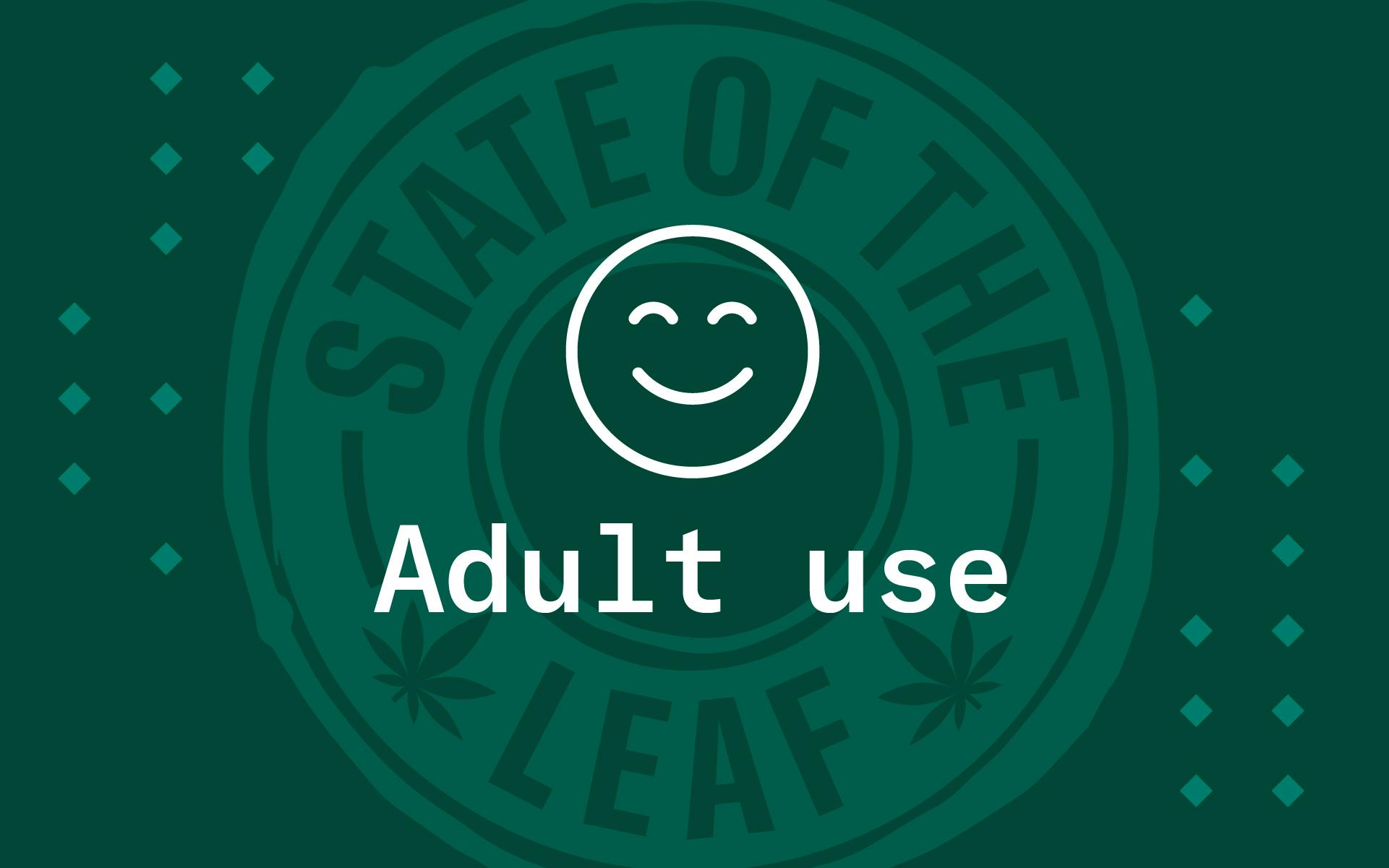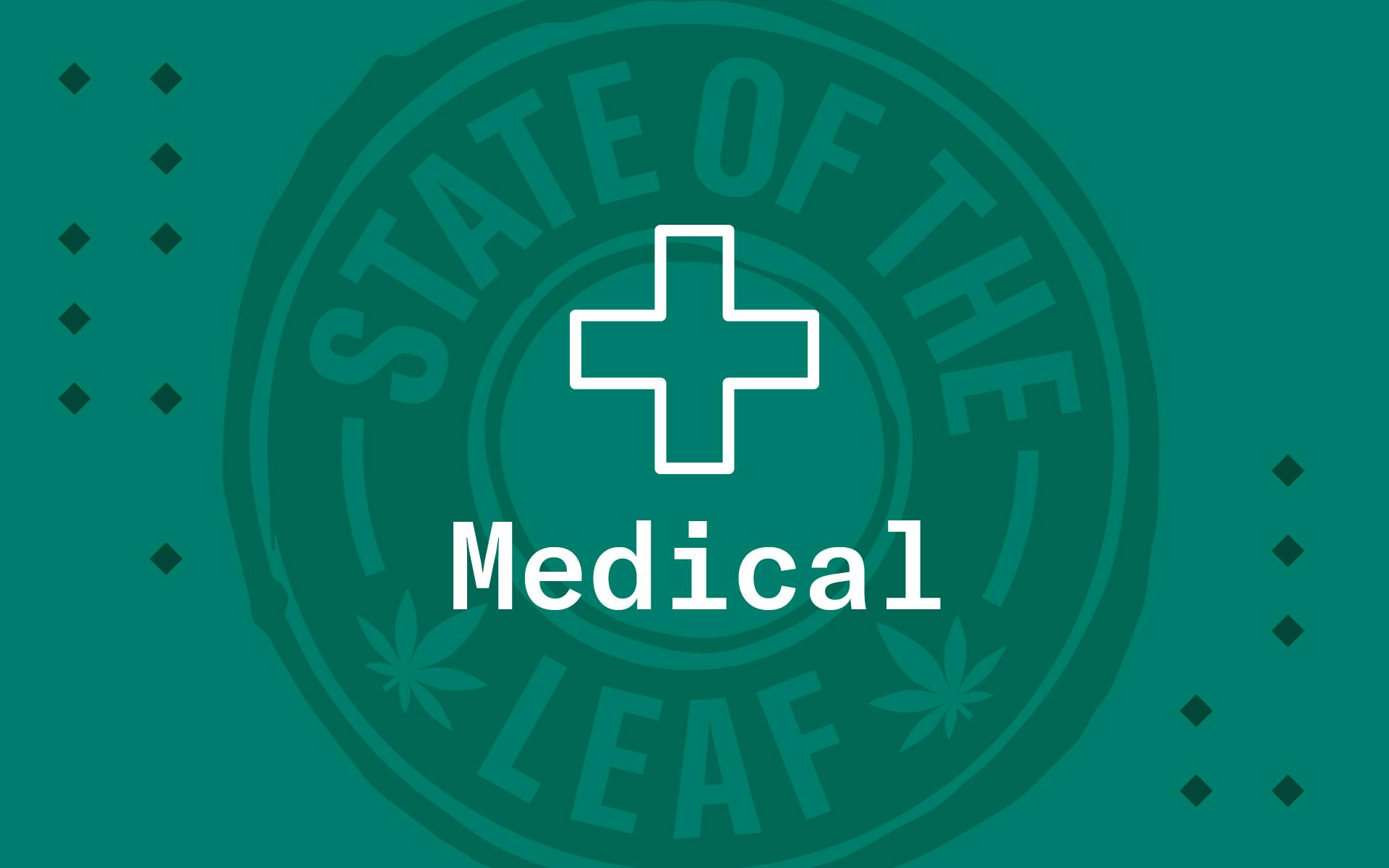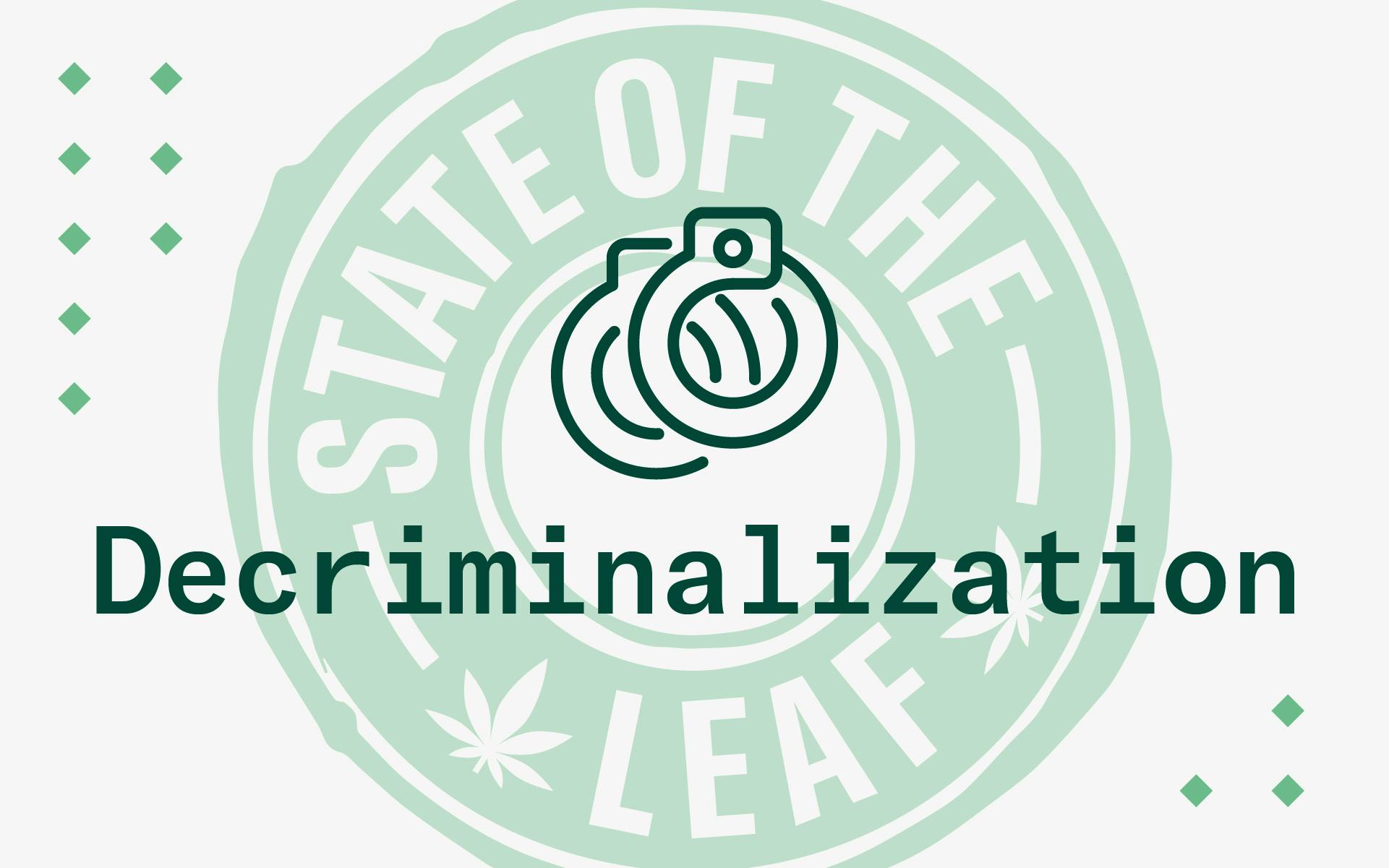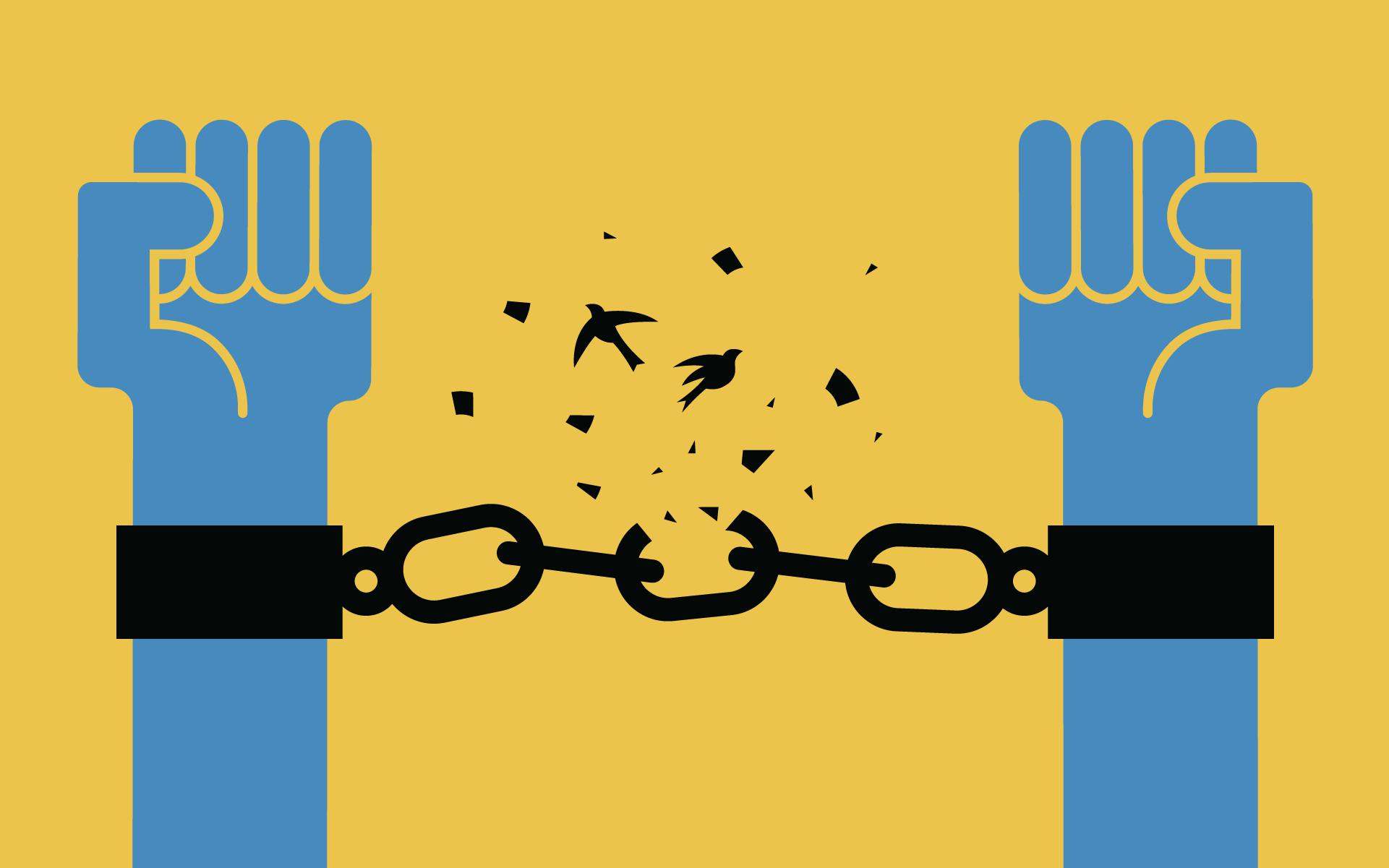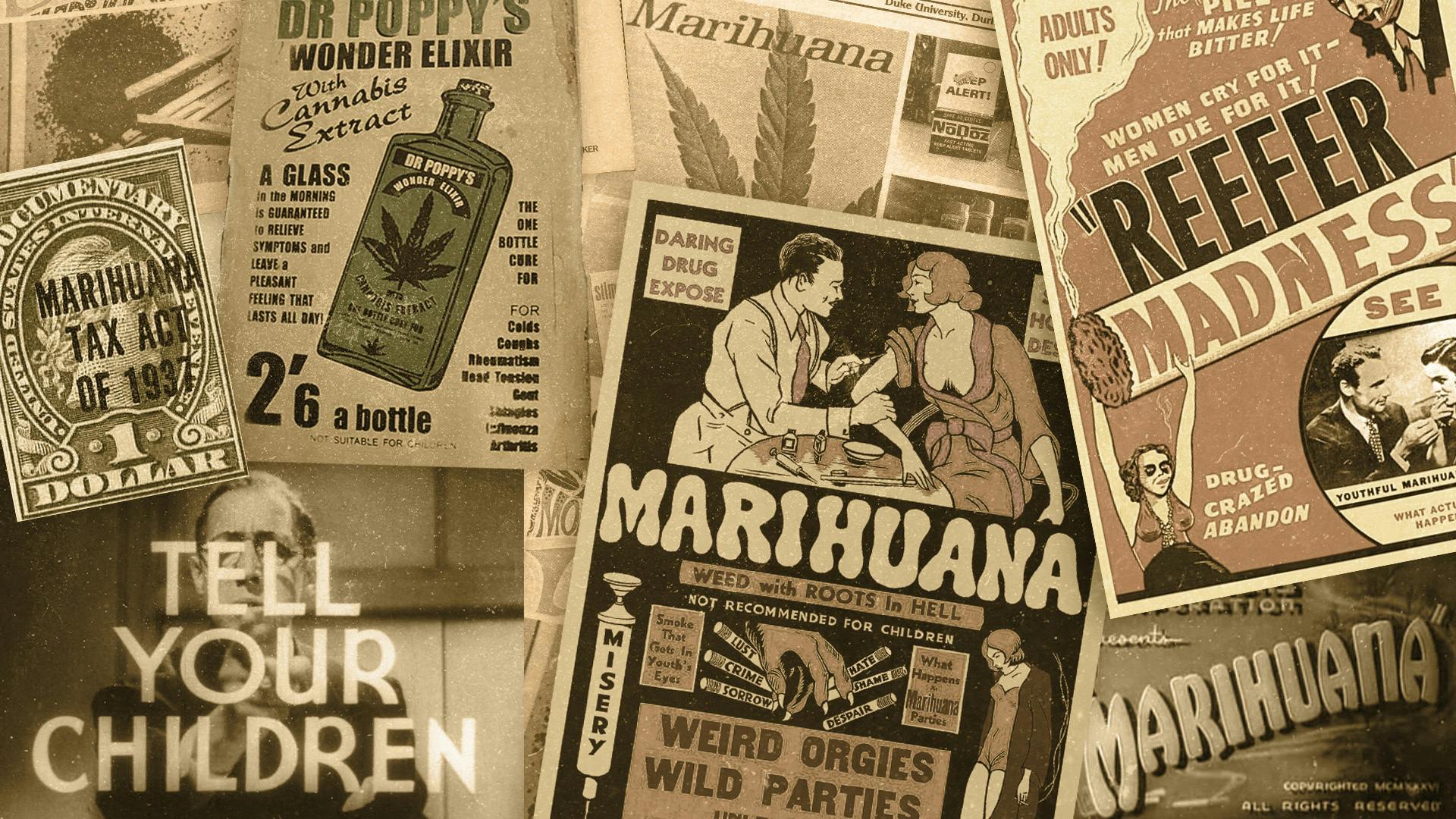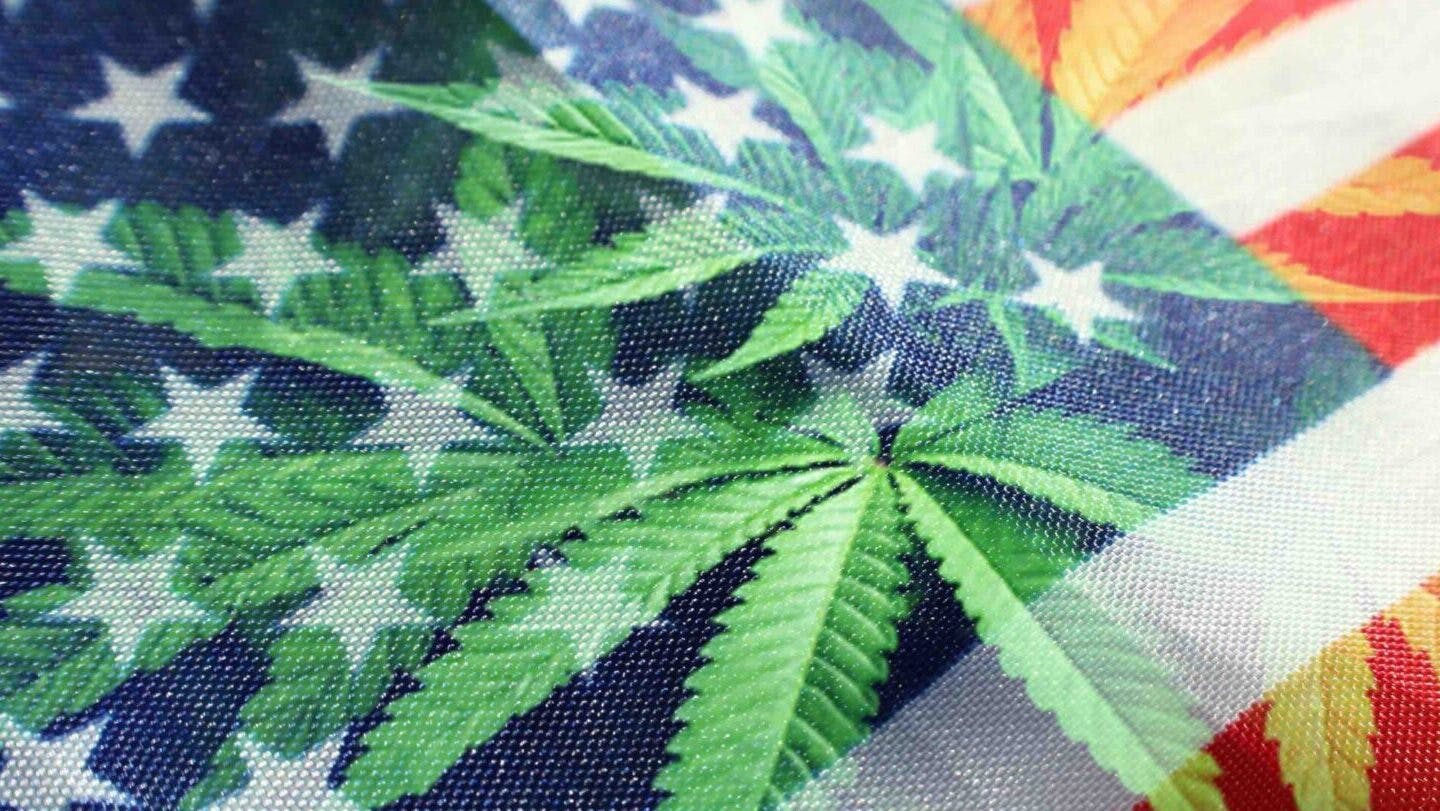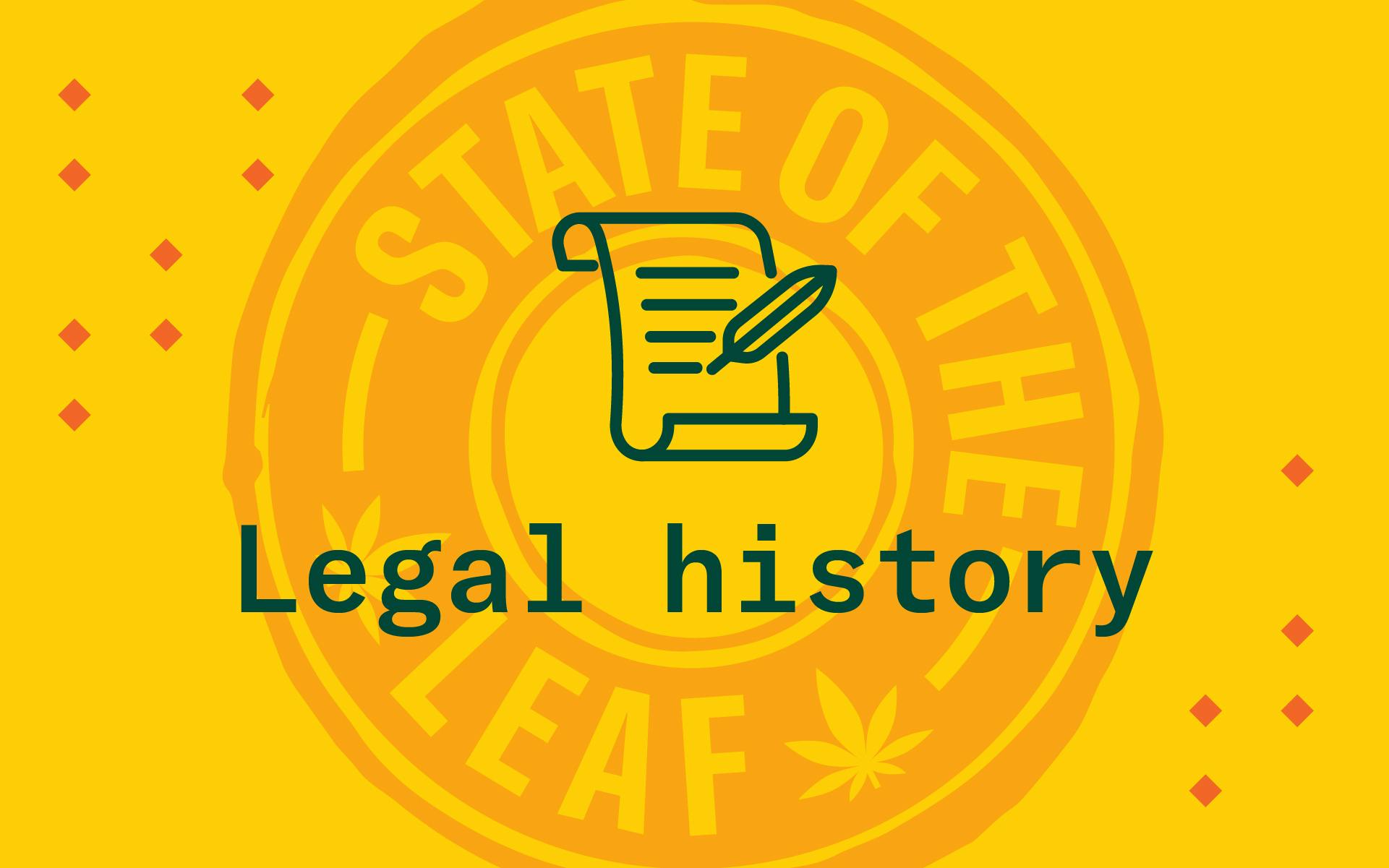Cannabis legalization is the removal of criminal penalties for cannabis activities such as production, distribution, possession, and consumption, and includes the replacement of those penalties with regulations on commercial cannabis activity.
Legalization is a huge topic and an important societal trend in the United States in the 21st century. Voters have many questions about legalization in their US state, as well as the difference between federal and state laws for cannabis. Learn more about marijuana legalization in the US by browsing the topics below.
Is marijuana legal in the United States?
Current legality status
illegal
Cannabis in [STATE] is classified as an illegal substance and posession may carry heavy fines or imprisonment.
In the United States, marijuana is illegal on a federal level for any purpose, be it adult use or medicinal. Cannabis is listed as a “Schedule I” controlled substance, meaning it is classified as having a high potential for abuse and no accepted medical use.
However, despite marijuana’s illegal status federally, the majority of states in the US have legalized cannabis for medicinal or adult use. In 2013, the Justice Department said it would not sue to block laws legalizing cannabis at the state level as long as states enact regulations that curtail underage sales, interstate trafficking, illegal cartel and gang activity, and excessive cannabis-related accidents and violence.
This tenuous “trust but verify” policy has largely remained in place, with the federal government generally declining to devote resources toward enforcing federal laws in legal states. Though still illegal federally, many states now have legal cannabis dispensaries.
For information about Mexico’s changing marijuana laws, check the Leafly guide, Mexico Marijuana Laws.
Marijuana legality in the United States: A brief introduction to federal weed laws
The federal government first criminalized marijuana in the 1930s with the Marihuana Tax Act of 1937, and cannabis activity remains a federal crime today.
Shop highly rated dispensaries near you
Showing you dispensaries nearModern federal marijuana law is codified under the Controlled Substances Act of 1970, which sought to update the Marihuana Tax Act. Since then, marijuana has remained a “Schedule I” controlled substance, meaning it sits at the top of the list of dangerous drugs alongside heroin and LSD, and that scientists deem it to have a high potential for abuse and no medical use.
Prohibition proponents have maintained cannabis as a high potential for abuse and no medical value. They allege cannabis is a “gateway drug” to harder drug use and that allowing cannabis encourages teen use of the drug.
Legalization supporters counter that marijuana has no lethal overdose and is not physically addictive. Unlike alcohol, marijuana withdrawal is mild and medically benign. The gateway theory has also been disproved in many studies. And legalization has not led to increased teen use, according to federal surveys.
There’s also a racist component to prohibition: pot drug laws first targeted Mexican-Americans in the West in the 1930s. By the 1970s, President Nixon used drug laws to lock up political enemies on the left, including minorities and college students, and to deny them the right to vote. Today, Blacks are four times more likely as whites to be arrested for cannabis.
Legalization dates
Types of weed legalization
Drug policy reform can occur across a spectrum of policies, and it can sit alongside aspects of other policies.
Most broadly, these are the most common categories of cannabis policy reform:
- Prohibition: Criminal penalties for marijuana activity
- Decriminalization: The removal of some criminal penalties for marijuana activity (like low-level personal possession), often replacing criminal penalties with civil fines
- Medical legalization:Medical marijuana laws can range from a limited criminal defense in court for medical marijuana use, all the way to full medical legalization with commercial licensing and testing
- Legalization: Changing state law to make cannabis activity no longer a crime. This often involves striking cannabis from the state’s Controlled Substances Act and adding new rules for legal commercial cultivation, distribution, testing, sales, and delivery.
Marijuana legalization map: Where is pot legal in the US
- adult use
- illegal
- medical
A state by state guide to marijuana legalization
Below is a quick at-a-glance view of each state and US territory’s legalization status. Click on the name of the state to navigate to more information about its marijuana laws.
| State | Legalization status | Adult use? | Medical marijuana? | Decriminalized statewide? |
|---|---|---|---|---|
| Alabama | Medical | No | Yes | Yes |
| Alaska | Adult use | Yes | Yes | Yes |
| Arizona | Adult use | Yes | Yes | N/A |
| Arkansas | Medical | No | Yes | No |
| California | Adult use | Yes | Yes | Yes |
| Colorado | Adult use | Yes | Yes | Yes |
| Connecticut | Adult use | Yes | Yes | Yes |
| Delaware | Adult use | Yes | Yes | Yes |
| Florida | Medical | No | Yes | No |
| Georgia | Medical | No | Yes | No |
| Hawaii | Medical | No | Yes | Yes |
| Idaho | Illegal | No | No | No |
| Illinois | Adult use | Yes | Yes | Yes |
| Indiana | Illegal | No | No | No |
| Iowa | Medical | No | Yes | No |
| Kansas | Illegal | No | No | No |
| Kentucky | Medical | No | Yes | No |
| Louisiana | Medical | No | Yes | No |
| Maine | Adult use | Yes | Yes | Yes |
| Maryland | Adult use | Yes | Yes | Yes |
| Massachusetts | Adult use | Yes | Yes | Yes |
| Michigan | Adult use | Yes | Yes | N/A |
| Minnesota | Medical | No | Yes | Yes |
| Mississippi | Medical | No | Yes | Yes |
| Missouri | Adult use | Yes | Yes | Yes |
| Montana | Adult use | Yes | Yes | N/A |
| Nebraska | Medical | No | Yes | Yes |
| Nevada | Adult use | Yes | Yes | Yes |
| New Hampshire | Medical | No | Yes | Yes |
| New Jersey | Adult use | Yes | Yes | N/A |
| New Mexico | Adult use | Yes | Yes | Yes |
| New York | Adult use | Yes | Yes | Yes |
| North Carolina | Illegal | No | No | Yes |
| North Dakota | Medical | No | Yes | Yes |
| Ohio | Adult use | Yes | Yes | Yes |
| Oklahoma | Medical | No | Yes | No |
| Oregon | Adult use | Yes | Yes | Yes |
| Pennsylvania | Medical | No | Yes | No |
| Rhode Island | Adult use | Yes | Yes | Yes |
| South Carolina | Illegal | No | No | No |
| South Dakota | Medical | No | Yes | No |
| Tennessee | Illegal | No | No | No |
| Texas | Illegal | No | No | No |
| Utah | Medical | No | Yes | No |
| Vermont | Adult use | Yes | Yes | Yes |
| Virginia | Adult use | Yes | Yes | Yes |
| Washington | Adult use | Yes | Yes | N/A |
| Washington, DC | Adult use | Yes | Yes | Yes |
| West Virginia | Medical | No | Yes | No |
| Wisconsin | Illegal | No | No | No |
| Wyoming | Illegal | No | No | No |
| Guam | Adult use | Yes | Yes | N/A |
| Puerto Rico | Medical | No | Yes | No |
| US Virgin Islands | Medical | No | Yes | Yes |
Legalization Guide
For a closer look at the types of legalization, check out our dedicated guides for each.

Recreational states

Medical states

Illegal states
Frequently asked questions about marijuana legalization
What are pros and cons of marijuana legalization?
Some pros of marijuana legalization include:
- Reduced court costs of 663,000 marijuana arrests each year
- Tens of billions of dollars in new tax revenue
- Decreased teen use
- Decreased cannabis prices
- Flat or declining traffic fatalities
- Increased home values
- Purer, better-quality cannabis
- Decreased cannabis revenue for gangs and cartels
- Decreased policing of Black Americans
- Additional jobs for the economy
Cons of marijuana legalization include:
- Presence of cannabis use disorders among susceptible populations
- Transient increases in emergency visits for cannabis exposure
- Potential for physical side effects of smoking in vulnerable populations, including bronchitis
- Potential for mental health side effects in vulnerable populations, such as those with a family history of schizophrenia
Is marijuana legalization popular?
Yes. According to Pew Research, 66% of voters support adult-use legalization, and 91% support medical marijuana. Fifteen states plus Washington, DC, and Guam have legalized adult use, and more than 30 have some medical marijuana laws. In 2020, Congress considered multiple legalization bills, including one sponsored by Democratic vice-presidential candidate Kamala Harris. The entire country of Canada is federally legal.
Which states could legalize marijuana next?
Voters or lawmakers in states like Florida, Hawaii, Idaho, and Pennsylvania will work towards legalization in the coming years.
Are voters in legal states regretting their votes to legalize marijuana for adult use?
No. Polls consistently show support for legalization growing after the policies were implemented. The governors of Washington and Colorado campaigned against legalization, but now support it.
Is marijuana addictive?
Cannabis does not cause physical dependence like alcohol or opiates. However, up to 9% of cannabis consumers may at some point in their life find it psychologically hard to stop despite negative consequences, which is called a use disorder.
How much does marijuana prohibition cost?
Maintaining cannabis prohibition costs the United States somewhere between $10 billion and $41.8 billion per year, depending on the researchers you ask.
Has marijuana prohibition been effective and led to decreases in marijuana use?
Prohibition has been a failed policy. Rate of use has increased since prohibition began in the 1930s and peaked in the 1970s and 1990s during intense drug enforcement. By contrast, legalization is not causing increases in cannabis use; rather, prior existing consumers are becoming legal.
Support legalization efforts by registering to vote
Make sure you’re registered to vote and support good-faith bills to legalize cannabis in your state or federally. Register here if you haven’t already.
Learn more about marijuana legalization in the US
Here are some additional resources, news, and references for marijuana policy and legalization efforts in the United States.
Keep up with the latest news about legalization
Stay current on the United States’ legalization efforts by bookmarking Leafly politics and signing up for our newsletter.
By providing us with your email address, you agree to Leafly's Terms of Service and Privacy Policy.
